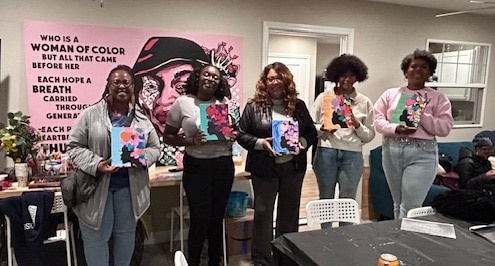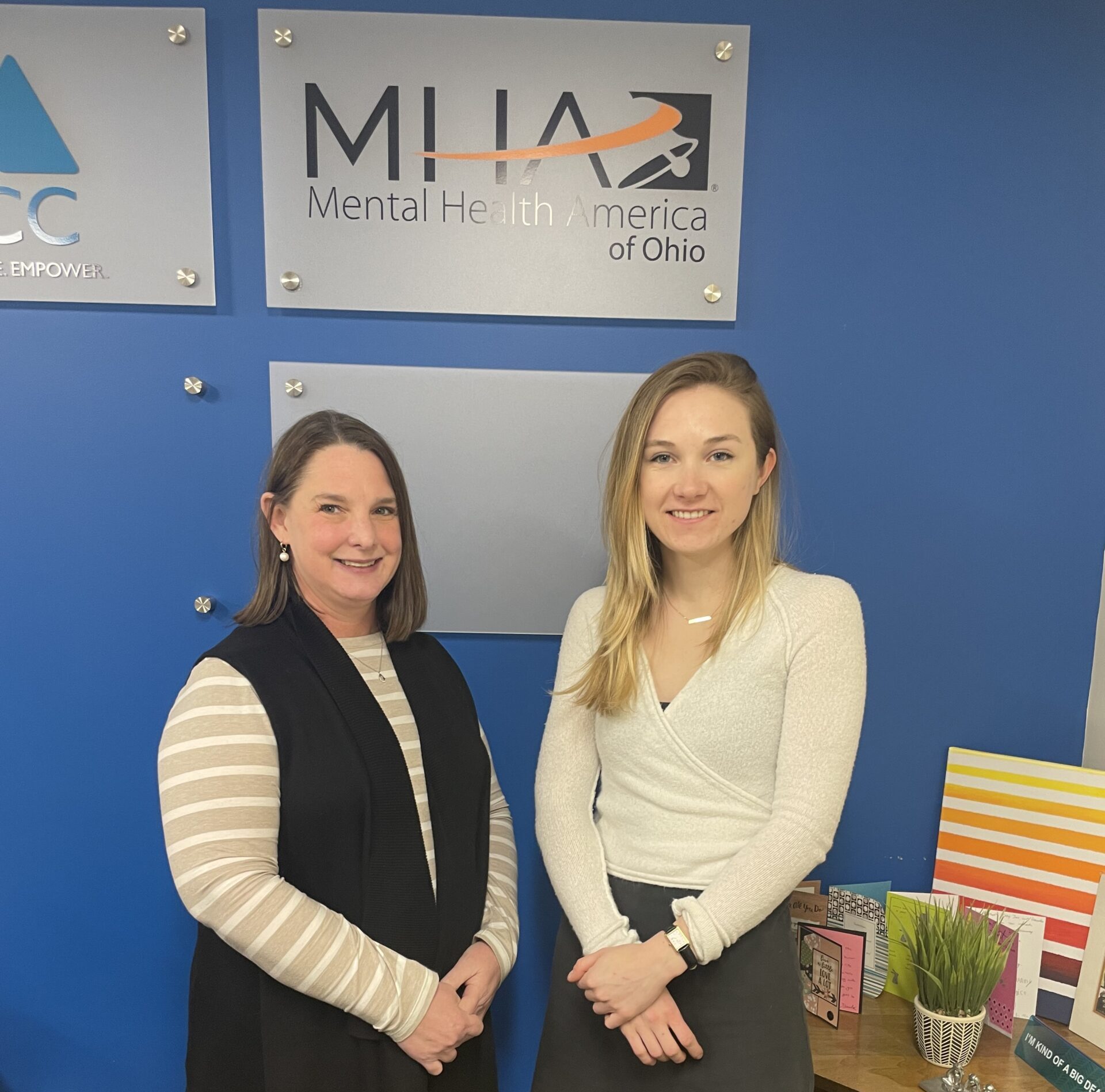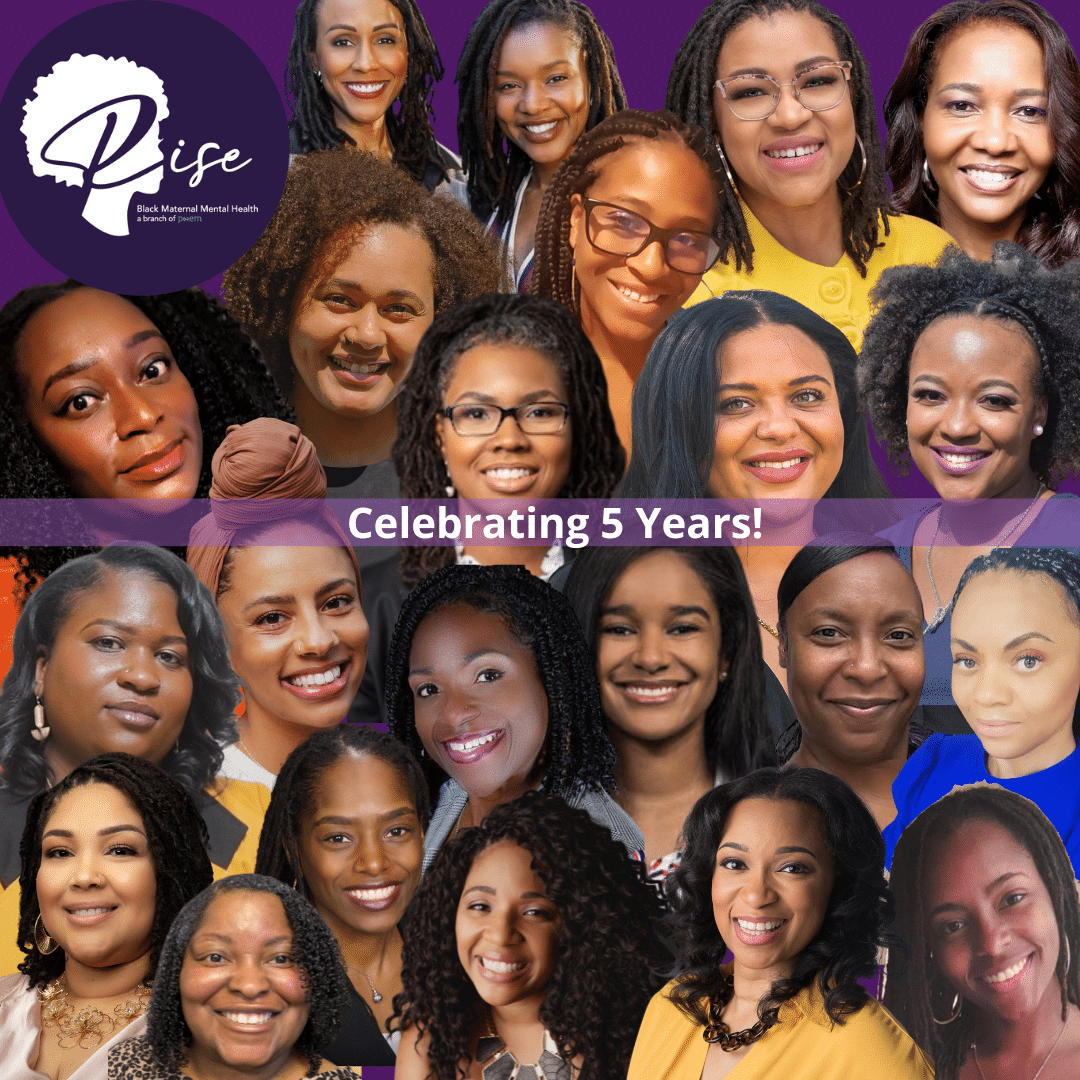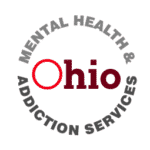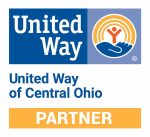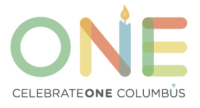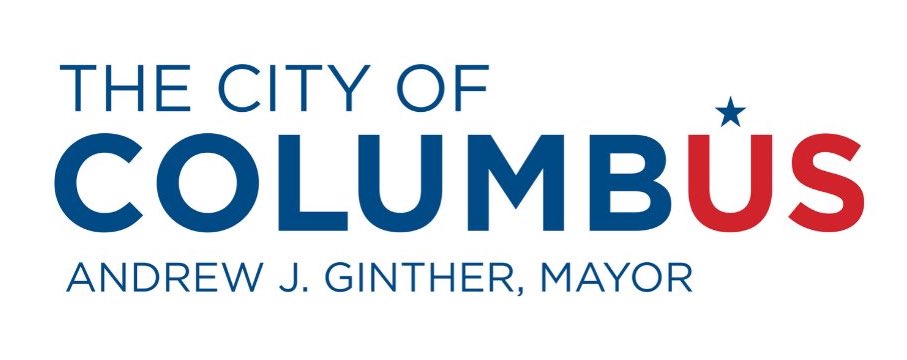When Howard Fairley shows up to cohort meetings for All In Dads! he’s not showing up as the co-coordinator of the program but as a dad. The work often requires him to go deeper with the men in his community and provide a space where they feel comfortable opening up about their challenges.
“A lot of people think that a father isn’t in his child’s life because he can’t pay child support, that he isn’t responsible,” Howard says. “But when you start getting into these groups with these dads, you hear a lot of them talk about how they didn’t have a dad when they grew up, and they didn’t understand why, but now they’re finding themselves in that same circumstance. We’re trying to give them the tools and courage to be in their child’s life.”
All In Dads! is just one of the programs that Action for Children offers fathers through its FatherUp initiative. Other FatherUp services include support groups, mentorship, case management, financial literacy courses, workforce development, and legal consultation. Their main goal is to empower men on their parenting journey, and a big part of that is about addressing the emotional challenges that men often face.

“They’re losing jobs, they’re not bringing in income, they’re getting kicked out of their home. Their co-parent isn’t allowing them to see their kids,” he says. “But when we talk to them about depression or anxiety, they say that they don’t even know what that is because no one’s ever talked to them about it.”
Julie DiCarlo, also a co-coordinator for All in Dads, has been doing this work for twenty years and says she’s seen that men often develop substance use disorders because they feel they cannot live up to the societal expectations that are put on them.
“They self-medicate because they are down and defeated,” she says. “But then they wake up the next day, and they feel guilt or shame for what they’ve done so they self-medicate again. It’s about recognizing those patterns and finding support in other ways.”
Howard and Julie have found that through in-person meetings and support groups, men are able to build a community and have conversations they wouldn’t normally have. It’s so impactful that many of the men that go through the program decide to become facilitators for the group or mentors for other dads.
“Once a father gets involved, he really truly becomes a part of a team of people that he can count on and relate to,” Julie says.
Howard says they are learning from each other all the time. “We have dads from all different kinds of backgrounds. We recently had a really cool situation where a 50-year-old dad and his son, who is 23 with kids of his own, were in the cohort together. They learned so much about each other. There were deep moments of forgiveness and reconciling, and the rest of the group was able to embrace them. It was a living example.”
Howard and Julie have been privileged to witness participants overcome many of life’s biggest challenges. It takes vulnerability and can sometimes involve reaching out for help, but they believe everyone has the capacity to grow and succeed.
“You have to be able to define yourself,” Howard says. “Everyone is going to try to define you for themselves. It’s up to you to break that stigma, that cycle. You don’t have to fix everything. You don’t have to win everything. It’s okay to take care of you. At the end of the day, it’s about being an advocate and empowered father, for your kid.”
To learn more about local resources for men, check out:
- Columbus Urban League
- African American Male Wellness Agency
- St. Stephen’s Community House
- Columbus Public Health
- Ohio Commission on Fatherhood
You may also reach out to our Get Connected program to learn about additional treatment options that work best for you.



